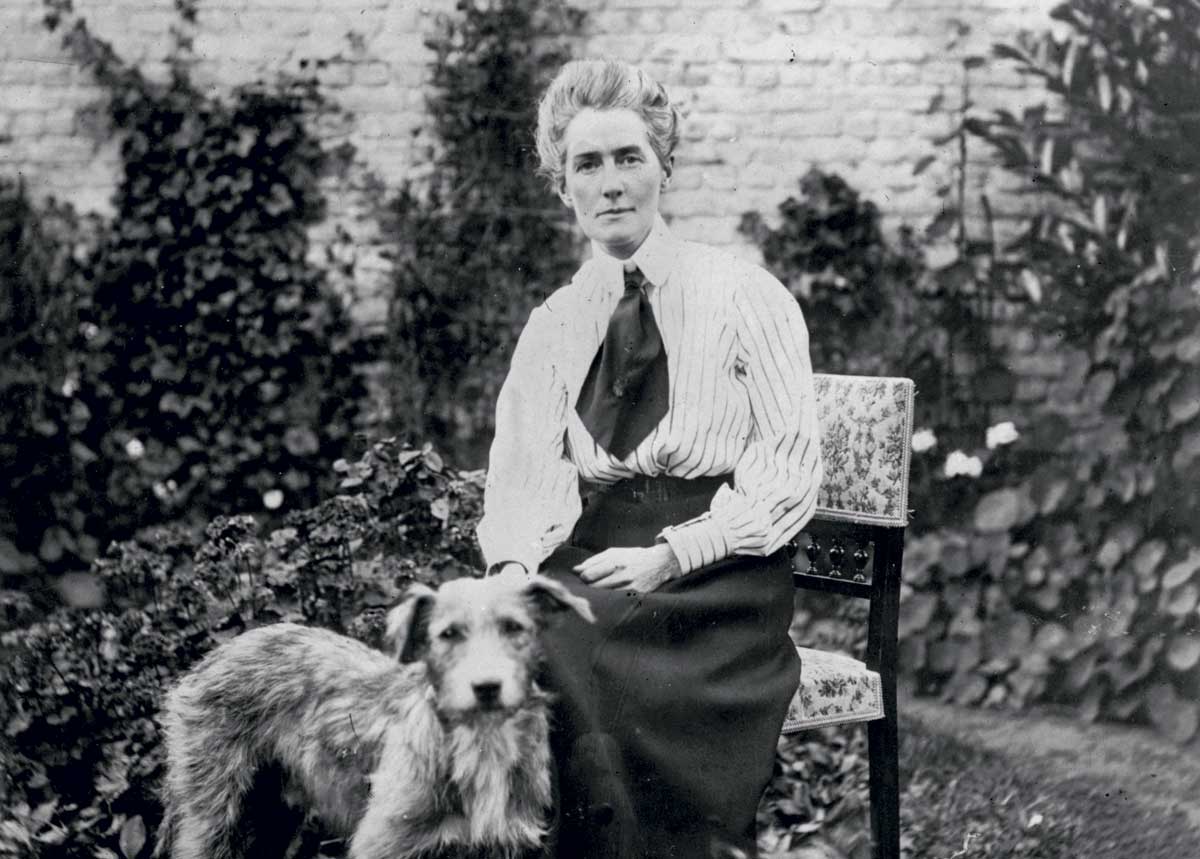The Poet Who Saw Edith Cavell Die - 2 minutes read

Anyone familiar with biographers’ accounts of Edith Cavell’s trial and execution in October 1915 will probably be acquainted with the name Gottfried Benn. He was present at both as the 29-year-old senior doctor to the German military government in Brussels. Yet none of the biographers who refer to Benn mentions that this army officer was, by 1915, a published poet on the way to becoming one of Germany’s leading literary figures.
Just over three years before it fell to him to confirm that Edith Cavell was dead, Benn had made a sensational literary debut with a slim volume containing a handful of astonishing poems, titled Morgue und andere Gedichte (‘Morgue and other Poems’). These poems, a very early example of literary Expressionism, were the foundations on which Benn built a career as a strikingly original poet that would lead to his being included alongside Bertolt Brecht (who died in 1956, the same year as Benn) and Thomas Mann (who died the year before) in a triumvirate regarded as the greatest German writers of their age. Cavell’s biographers also omit to mention that Benn was later to cite his published account of Edith Cavell’s execution in order to prove the soundness of his German convictions and protect himself from the wrath of the Third Reich when his work was publicly attacked for being degenerate – a furore that led to Benn’s finding a protector in the unlikely figure of Heinrich Himmler.